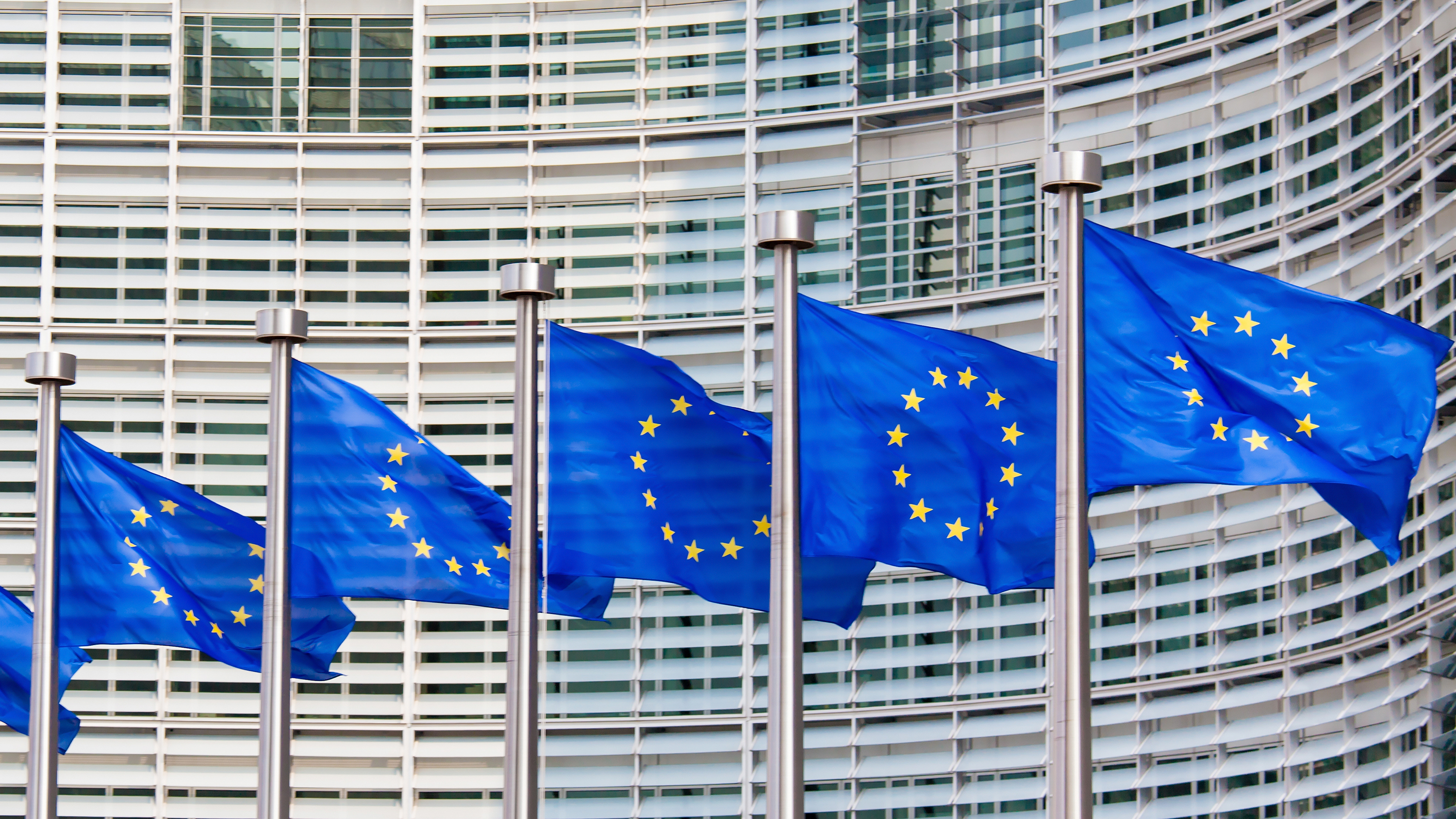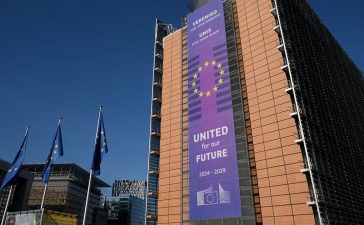
In a significant escalation of transatlantic tensions over tech regulation, US House Judiciary Chairman Jim Jordan has demanded clarification from the EU antitrust chief Teresa Ribera regarding the enforcement of the EU’s digital marketplace rules, citing concerns about potential discrimination against American companies.
The move comes in the wake of President Donald Trump’s recent memorandum announcing heightened scrutiny of the EU’s Digital Markets Act (DMA) and Digital Services Act (DSA), reported Reuters.
“Regulations that dictate how American companies interact with consumers in the European Union, like the Digital Markets Act and the Digital Services Act, will face scrutiny from the Administration,” Trump said in the memorandum signed on February 21.
These regulations establish strict guidelines for how major technology companies operate within the European Union’s digital marketplace, representing the most comprehensive attempt to regulate digital platforms globally.
The DMA, which primarily affects the US’ big tech including Alphabet, Amazon, Apple, Meta, and Microsoft, implements a comprehensive framework of rules aimed at ensuring fair competition and expanded consumer choice in digital markets.
However, US officials argue these regulations may disproportionately impact American technology companies, potentially creating barriers to innovation and global market access.
“We write to express our concerns that the DMA may target American companies,” the report said citing Jordan’s letter to the EU antitrust chief Teresa Ribera.
DMA’s crackdown on big tech
The DMA introduced unprecedented restrictions and requirements for companies designated as “gatekeepers” in the digital market. These companies must comply with a strict set of rules designed to prevent unfair business practices and ensure market accessibility for smaller competitors.
The Act mandates various requirements including interoperability for core platform services, restrictions on personal data combination across services, and prohibition of self-preferencing practices in rankings and search results.
“Big tech’s designated platforms can no longer unfairly promote their own products or services above yours (EU-based companies) in search results or ads,” one of the clauses of the DMA says pertaining to offering level playing.
Companies must also allow users to uninstall pre-installed applications and provide business users with access to platform data.
“Data generated by your business on designated big tech platforms won’t be used by them to outcompete you,” another clause of the act reads.
US concerns and opposition
In their letter to Ribera, Jordan and Scott Fitzgerald, chairman of the subcommittee on administrative state, regulatory reform, and antitrust, raised several critical concerns that reflect broader US apprehensions about the European regulatory framework.
The enforcement mechanism of the DMA, which includes fines of up to 10% of global annual revenues for violations, is viewed by US officials as potentially serving dual purposes: forcing companies to adopt European standards globally and functioning as a de facto tax on American businesses. This could significantly impact the global operations and profitability of US tech companies.
“American businesses will no longer prop up failed foreign economies through extortive fines and taxes,” the Trump-signed memorandum read, though without naming the EU or any specific economy. “My Administration will not allow American companies and workers and American economic and national security interests to be compromised by one-sided, anti-competitive policies and practices of foreign governments.”
The lawmakers also expressed serious concerns about data security and competition, arguing that certain DMA requirements could potentially benefit Chinese competitors.
They contend that the regulations could “stifle innovation, disincentivize research and development, and hand vast amounts of highly valuable proprietary data to companies and adversarial nations,” the Reuters report added.
International implications and market impact
The implementation of the DMA has far-reaching implications for global digital markets and international trade relations. The regulations could fundamentally alter how major technology platforms operate worldwide, as companies may need to adjust their global practices to comply with EU requirements.
The impact of the DMA is expected to be substantial across various dimensions of digital business. Major tech platforms will likely need to implement significant operational changes while bearing increased compliance costs.
Importantly, the EU and the US share the world’s most extensive bilateral trade and investment partnership, marked by deep economic integration. As each other’s largest trading partners, their combined trade in goods and services reached $1.73 trillion (€1.6 trillion) in 2023. This equates to $4.75 billion (€4.4 billion) worth of goods and services exchanged across the Atlantic every day.
The regulations may necessitate restructuring of digital services in the EU market, potentially creating new opportunities for European tech companies and startups, while simultaneously shifting the dynamics of global digital competition.
European Commission’s stance
Meanwhile, the European Commission — where Ribera serves as the second-highest ranking official under President Ursula von der Leyen — maintains that these regulations are not targeted at US companies, according to the report.
The Commission argued that the DMA is designed to ensure fair competition and consumer choice in digital markets, regardless of companies’ national origin. However, the predominance of US firms among those affected has intensified transatlantic tensions over digital policy.
Jordan and Fitzgerald have requested Ribera to brief the judiciary committee by March 10, signaling the US government’s intent to monitor the implementation and enforcement of these regulations closely. This development suggests an increasing focus on digital policy in transatlantic relations and could potentially impact future trade negotiations and regulatory cooperation between the US and the EU.












